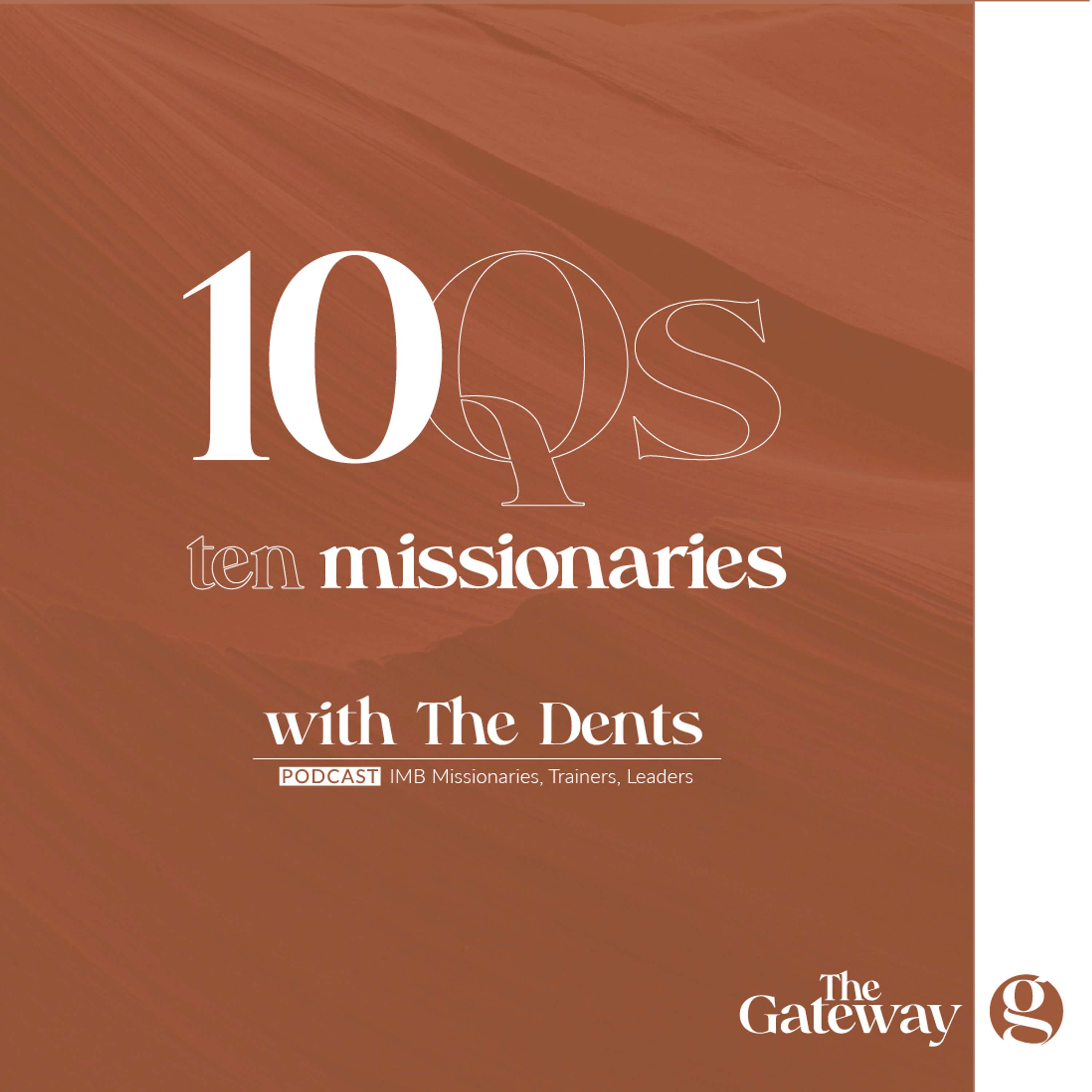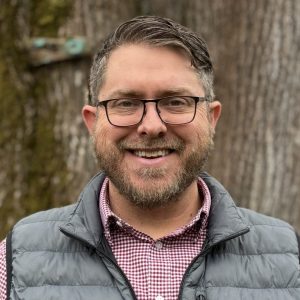Can you imagine a law passing unanimously in the House of Representatives and with a 97-3 majority in the Senate? It happened in 1996. That law was the Defense of Marriage Act (DOMA) which legally codified the definition of marriage as one man married to one woman. President Clinton signed the law, settling the issue once for all—or so we were told.
The Supreme Court upended that legislation with their decision finding the right to same-sex marriage in the Constitution. Now, to avoid any threat to that interpretation, our national legislative bodies are poised to adopt the Respect for Marriage Act (RMA), recognizing and protecting same-sex marriage as a national norm.
To make this law politically palatable and gain the necessary votes, it includes some protections for leaders, churches, and organizations which oppose it on religious grounds. Those protections were included to placate wavering politicians, not grant anything new to religious communities. And, if past patterns hold, they will be gradually eroded by court decisions as opponents challenge them over the next few years.
When this new law is passed, nothing will change the next morning in America. But what will the impact be in the next 25 years? It only took 25 years for LGBTQ-influenced political leaders to nullify DOMA, by gaining cultural support for their position unthinkable just a generation ago. The cultural changes this new law will initiate will redefine our country in a myriad of ways.
One impact will be on churches as they navigate this cultural upheaval. While churches can legally refuse to perform same-sex marriage, that is only one small part of developing a ministerial response to these families. Even drawing a line at church membership does not solve all the issues. Churches are supposed to reach people in their communities—including persons in same-sex marriages who need to hear the gospel. Finding ways to accommodate these families, without accepting their lifestyle choices, will be a thorny challenge.
These challenges will be compounded by the relational issues involved for many Christians. A stately gentleman, a pillar in his church for 50 years, recently asked me, “How do I relate to my granddaughter who just married a woman? She grew up in our church. She claims to be a Christian. I love her. How do I relate to her and her new wife?”
The pain in his eyes and the tears on his cheeks reveal how personal these issues are. We have some serious work to do to help Christians find their way through these uncharted waters. Church leaders and churches have a responsibility to uphold the biblical standard for marriage. We also have an obligation to preach the gospel, welcoming people from every background and with every imaginable problem to hear the good news we offer. And, when people are converted from whatever background, addiction, or family constellation—we must disciple them, standing with them through the changes and challenges of living their newfound faith.
We have some significant work to do living with the tension in these missional mandates. May God give us wisdom to find a way forward and patience with each other as we do.
Read More

Comfort Twice Over
When we provide comfort to fellow believers, we are the means by which God has chosen to provide his comfort.

Inheritance & Glory: Our Vocation
For believers, while heaven may seem long away, our eternal inheritance is already available to us in the here and now.
Listen
Brian Borgman
On this episode of The Jonathan Edwards Center Podcast, Dr. Chris Woznicki interviews Dr. Brian Borgman regarding his book, Jonathan Edwards on Genesis. They discuss Edwards as an exegete, as an interpreter of scripture, specifically looking at Genes

The Dents
Tyler sits down with longtime missionaries and retired Gateway faculty, Don and Anne Dent. The Dents served with the IMB for over 30 years and most recently at Gateway Seminary. In this episode, they reflect on their past experiences from working in the mission field

Watch

Jonathan Edwards and the Asbury Revival
Chris Chun and Chris Woznicki discuss the signs of true revival, signs of the work of the Holy Spirit, and why it is important to critically assess the characteristics of revival in a spirit of charity.

Jonathan Edwards and the Baptists | Douglas Sweeney, Nathan Finn and Chris Chun
Dr. Douglas Sweeney and Dr. Nathan Finn joined Dr. Chris Chun for a panel discussion on Jonathan Edwards, recorded live at the SBC Annual Meeting in Anaheim.




